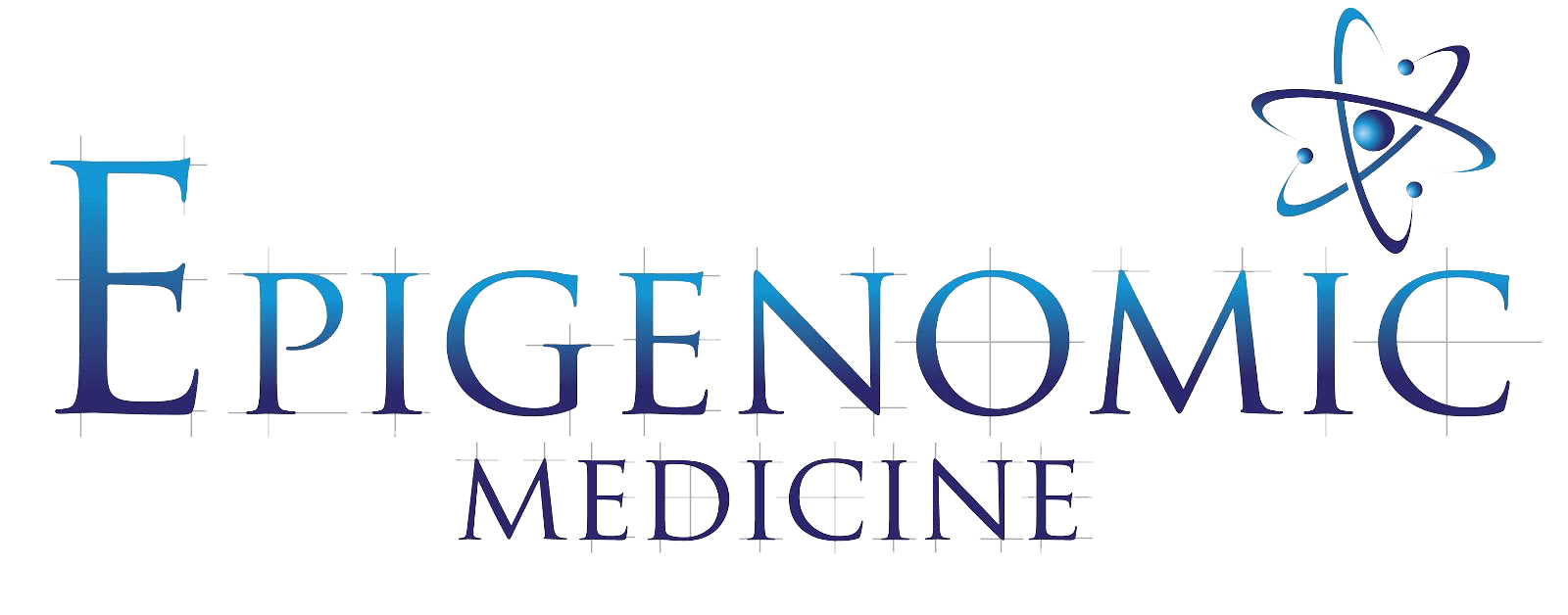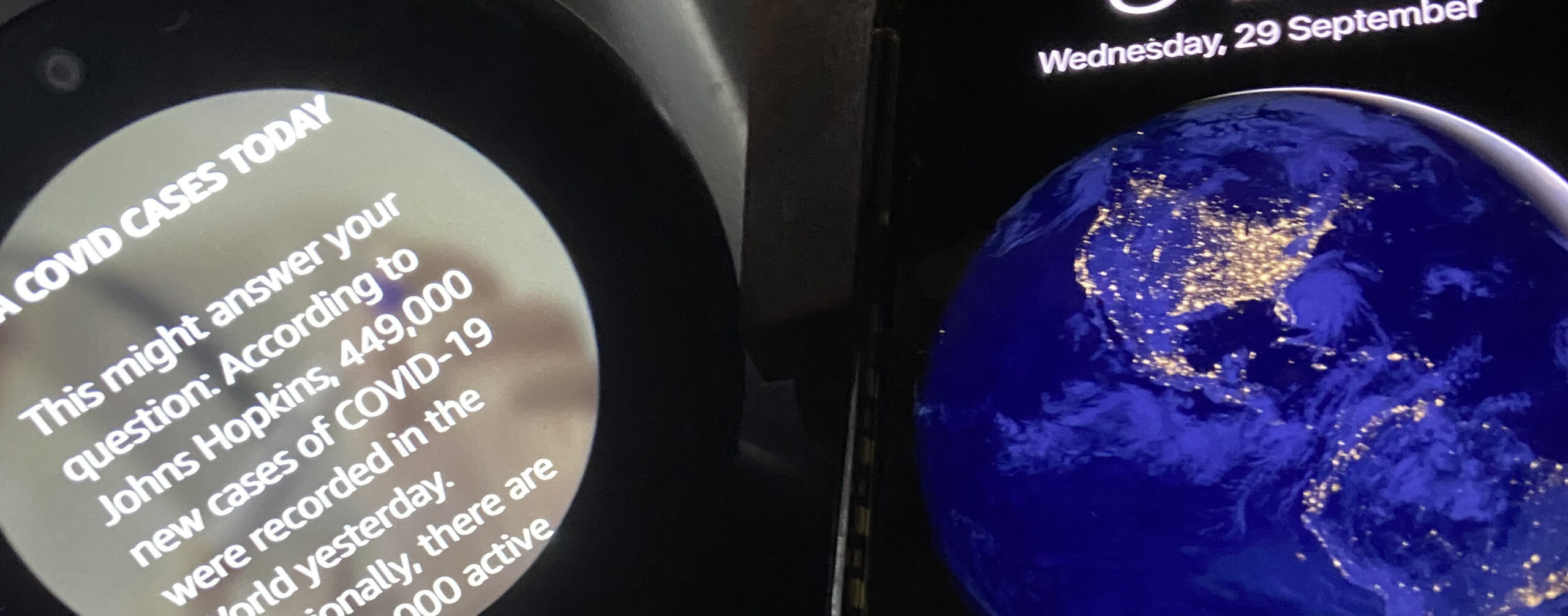Despite our level of “sophistication”, “expertise” and development of safe and effective vaccines…
in record time, by looking at the numbers we can safely say that we definitely lost the war to SARS-CoV-2. Popular trackers indicate that over 200 million people have been infected and we lost over 4.7 million people to the virus. In the US the number of deaths (approaching 700k) is greater than experienced during the 1918 Spanish flu. Like the Spanish flu which came in three waves, we are currently coming off our third global wave of COVID-19; and it is not over yet.
Technology has helped,. For example contact tracing may benefit from technology. QR codes which are mandatory make the job of contact tracers relatively easier. However, when numbers get out of control it is much harder (probably impossible) to track accurately. Let’s say 100,000 new cases are reported in a day, and each person has an average of 2.5 (modest) contacts, that’s a quarter of a million people that need to be traced in a single day; even with smaller number like the 1,000 we are now experiencing each day in Melbourne – the numbers get unmanageable very quickly. Basically, shot of tagging people or locking people up, contact tracing, isolation and quarantine have been difficult even with “advanced” technologies.
Vaccine passports are another aspect that will be subjected to digitization – many countries including Japan, Canada, and Australia are implementing or planning to implement digital vaccine verification systems. I would prefer immunity passports – who knows how susceptible a person is after vaccination especially if the vaccine has worn off with time; breakthrough infections are a fact, and whilst the vast majority of vaccinated people are immune from severe COVID-19 disease, some do get sick. The biggest issue is that vaccinated people can get infected, they can spread virus and most worryingly they could be acting as “incubators” for potential vaccine-variants to arise. Serology passports are better IMO. Having said that, vaccination is critical and we need like 80, 90, and even 90+ levels of vaccinated people, with booster shots in the those that have been vaccinated “earlier” to really get good control of the virus: 50-60, and even 70% will not do the job properly and it will be a matter of time before a nasty variant emerges.
Lastly, with borders and travel now becoming a thing again there have been some innovations utilising artificial intelligence to screen people entering countries. In Greece, an AI system to screen people has been developed. Instead of screening every single person entering the country, an AI algorithm can “suggest” which fraction of people should be tested! It looks like early data is promising and may eliminate the burden (almost impossible) task of having to test every person. It will be interesting to monitor the success of such approaches.
On the topic of travel, Universities have suffered significant financial losses over this pandemic, especially those that rely on international students for business. It will be interesting to see how many dollars have been saved on travel during this time – would be so interested to compare the travel budgets of Universities in 2019 vs 2020-21! I’m intrigued!
Until next time …

